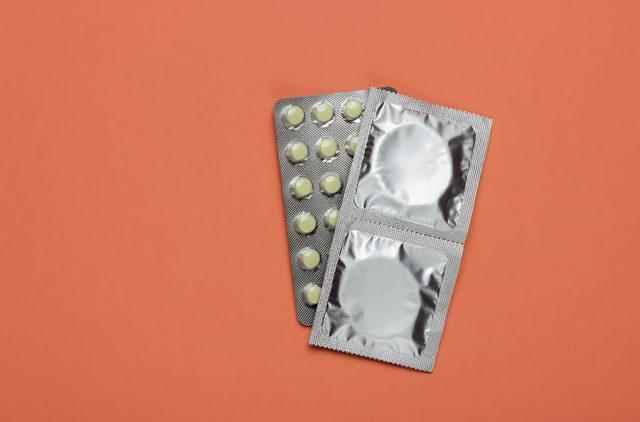Two fixtures in the field of sexual and reproductive health have been raised. According to the news of Eda Narin from Halk TV, there was a 33 percent increase in birth control pills and a 52 percent increase in condoms.
OUTPUT UP TO 2.5 TIMES
The rapid increase in price hikes for products that should be free within the scope of the right to sexual health did not escape attention. While the daily pad, which contains 56 pieces, was sold at a price of 15.80 TL in August of last year, the same product has now reached 46.50 TL. Compared to the previous year, the daily pad prices increased 2.5 times.
According to the research conducted by the Deep Poverty Network and Open Space Association (2021), 82 percent of women do not have access to sanitary pads.
CONSERVATIVE PRICES DOUBLED
The exorbitant price increase in sexual health products is not limited to daily pads. While a pack of 10 condoms was available for 15 TL last year, the price jumped to 34 TL this year.
Hormone IUDs, which are not covered by payment, are sold for 730 TL today, while they were 430 TL last year. One of the drugs known as birth control pills in the public increased from 65 TL to 115 TL, and the medicine known as the morning after pill rose from 80 TL to 190 TL.

On behalf of the Sexual and Reproductive Health Rights Platform (CISU), Kevser Özcan, Vice Chairman of the Board of the Right to Health Association, said:
“Access to quality sexual and reproductive health services plays a crucial role in individual and community well-being and should be supported on the road to a healthy future.”
Özcan underlined that the realization of sexual and reproductive health and rights is essential for sustainable development, as well as having an important role in gender equality and the well-being of individuals, its impact on maternal, newborn, child and adolescent health, and future economic development and environmental sustainability. .
‘THEY ARE RECEIVING SERVICE IN UNHEALTHY CONDITIONS BECAUSE IT IS NOT GIVEN FOR FREE’
Expressing that individuals should have access to the right information and the safe, effective, cost-effective and acceptable contraceptive method of their choice to protect their sexual and reproductive health, Özcan said:
“They should be informed and supported to protect themselves from sexually transmitted infections. Sexual and reproductive health is very important in terms of protecting the public health of the society. When these services are not provided correctly, reliably and free of charge, individuals are either deprived of service or try to receive services under unhealthy conditions.”
